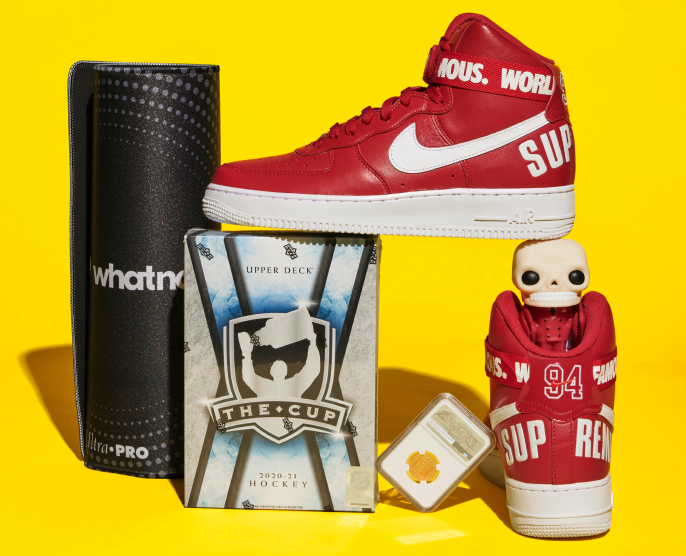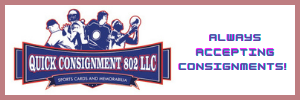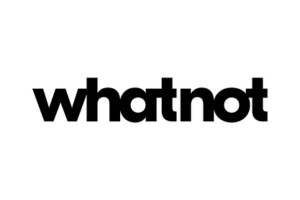
Law of Cards: Mickey Mantle in the Middle of Topps vs. Leaf Lawsuit
Last week, Topps responded to Leaf's counterclaims in the 2011 Leaf Best of Baseball lawsuit. Basically, Topps just denied, denied, denied, denied, denied everything that Leaf's counterclaims alleged. This is a very typical answer in such lawsuits.
There was one item of note, however. In its counterclaims from September, Leaf alleged as follows:

Basically, Leaf is setting up arguments to knock these cards, especially the Mantles, into the public domain.
Legal translation – You can't be found guilty of copying something that the public can freely copy.
In its reply, Topps responded to the above allegations as follows:

Legal translation – Good use of wiggle words here. Topps admits it does not have copyright registrations “specific" to the 1952 and 1958 Mickey Mantle cards, the 1972 Red Sox Rookies and the 1980 Rickey Henderson, but, Topps is silent as to whether it has other copyright (or other intellectual property) protections on these cards.
As I wrote earlier, cards that were copyrighted between 1923 and 1963 had a 28-year lifetime, which could be renewed for an additional 28 years. Because the Mantle cards are pre-1963, Topps' admission here likely concedes there is no copyright protection on these cards (no registration means no renewal registration either).
Is that the end of the suit on these cards? No. Topps could still allege there is a “general" copyright registration that protects the Mantle cards. For example, it already relies on a “general" copyright registration for the 1972 Red Sox rookie, a registration for the book Topps Baseball Cards: The Complete Picture Collection (A 35 Year History, 1951-1985), which has a picture of the 1972 card.
Topps also could (actually, already has) allege that the Mantle cards are protected by various other trademark-type claims. So, beyond what we can surmise about the meaning of no “specific" copyright registrations for the Mantle cards, we don't have a definite answer about whether the Mantle cards are in the public domain.
If the suit continues, we will too. Leaf is asking for the court to rule these cards are in the public domain:

Legal translation – “Judge, we believe Topps has nothing on these cards. Can you publicly announce that?"
If the case continues, the court eventually (two years from now) will give everyone the clarity they need. However, such a decision could take a couple of years.
Clarity might not be the best thing for Topps. Sometimes, a little uncertainty is good. Right now, while the best guess is that these cards might be in the public domain, is anyone willing to roll the dice? Especially with Topps already bringing suit on these cards?
Just because someone tells you Party A does not have a viable legal claim against you, does not prevent Party A from suing you on that same “unviable" claim. And if they do, to beat Party A's “unviable" legal claim, you're going to need to expend time, resources and money to win. If you do win (two years from now), there's no guarantee the court will force the other side to pay you for your losses (and no court can give you those two years back).
While uncertainty exists, people will avoid copying the Mantle cards. However, if Leaf bites the bullet for the entire market and continues this case to the bitter end, and the court determines there is no protection whatsoever on these cards, watch out. The market will be flooded with Mantle copies and other Mantle-esque cards.
So, maybe it's in Topps' best interest to not get a ruling on this issue.
It's likely already too late for that, though, as the choice may be out of Topps' hands. As the phrase goes, it takes two to tango. Even if Topps drops all of its claims against Leaf (and there's no sign that's going to happen), Leaf would need to agree to drop its claims too (and there's even less of an indication of that happening).
If neither side budges, a lot of questions in the industry will be cleared up. Are “buybacks" from other companies legal? Are “cut cards" from players with exclusive contracts to other companies legal? Is the fact that consumers are putting pictures of cards on eBay hurting card companies' copyright claims on those same cards?
Not the least of which is: can companies freely copy arguably the most famous card of all-time, the 1952 Topps Baseball Mantle?
The information provided in Paul Lesko's “Law of Cards" column is not intended to be legal advice, but merely conveys general information related to legal issues commonly encountered in the sports industry. This information is not intended to create any legal relationship between Paul Lesko, the Simmons Browder Gianaris Angelides & Barnerd LLC or any attorney and the user. Neither the transmission nor receipt of these website materials will create an attorney-client relationship between the author and the readers.
The views expressed in the “Law of Cards" column are solely those of the author and are not affiliated with the Simmons Law Firm. You should not act or rely on any information in the “Law of Cards" column without seeking the advice of an attorney. The determination of whether you need legal services and your choice of a lawyer are very important matters that should not be based on websites or advertisements.
 | Making purchases through affiliate links can earn the site a commission |



























